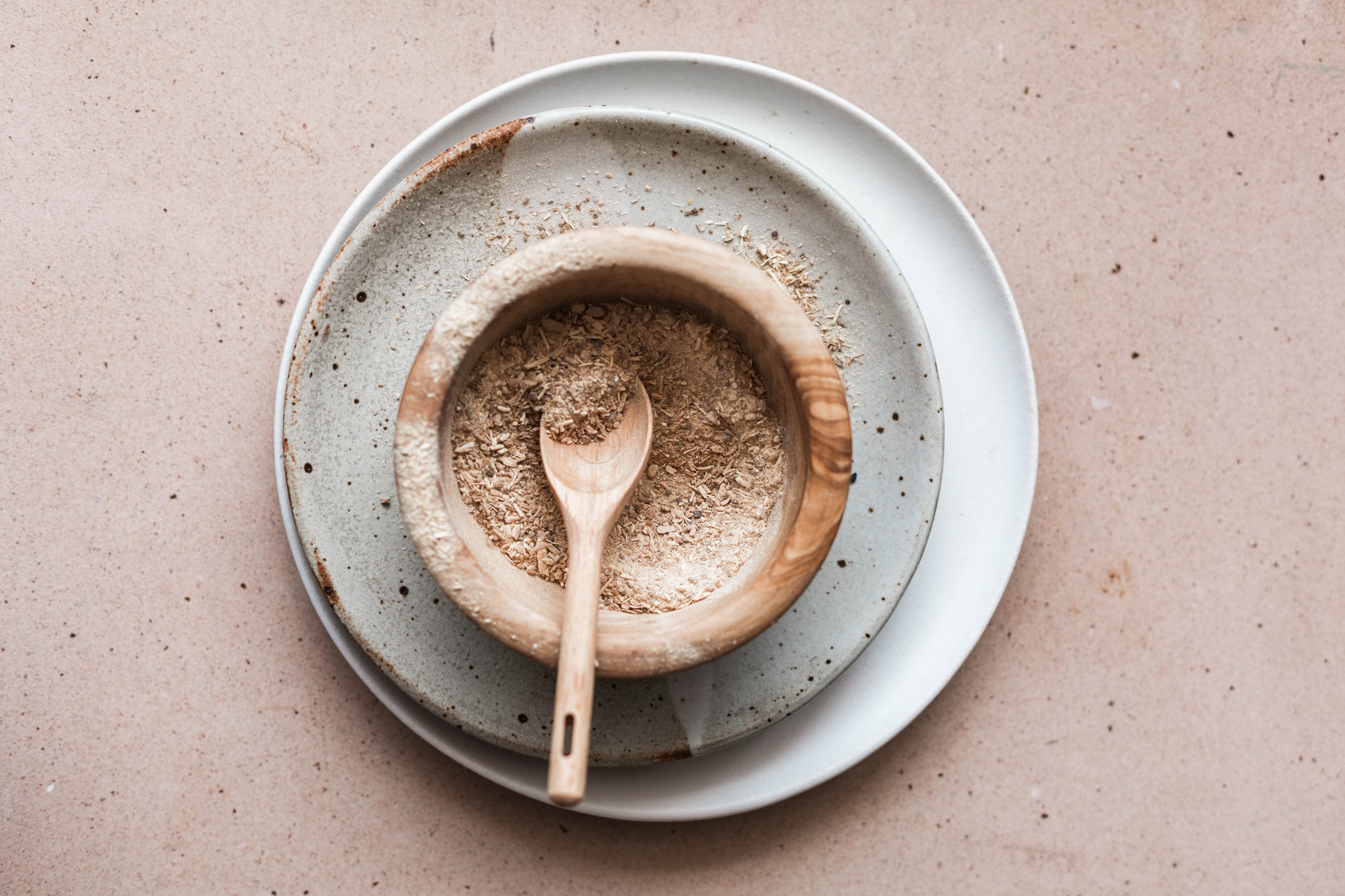
Natural Treatment for Adenomyosis
Reading and researching are constants for a naturopathic doctor. This week, while reviewing some research regarding adenomyosis, I came across an older study that I thought was interesting.
Firstly, what is adenomyosis?
This condition involves uterine lining tissue that has infiltrated the muscular wall of your uterus. This tissue responds to changes in hormone levels throughout your monthly menstrual cycle. This creates pelvic pain and menstrual cramps and contributes to infertility.
Back to the study I mentioned. It used a mouse model to increase blood levels of the hormone prolactin. By increasing prolactin, the investigators could rapidly and frequently cause uterine adenomyosis.
Prolactin isn’t the only game in town where adenomyosis is concerned. Other hormones associated with adenomyosis include estrogen, FSH, and progesterone.
What is Prolactin?
Prolactin is a hormone secreted from a gland in your brain known as your pituitary gland. Women make this hormone to facilitate breastfeeding. However, prolactin levels can be increased even when you are not breastfeeding.
What Increases Prolactin?
Aside from while you are breastfeeding, prolactin increases when you are under stress. It also goes up if you have a prolactin-secreting tumour in your pituitary. This is called a prolactinoma. Identifying a prolactinoma requires MRI imaging.
How can you test prolactin?
Measuring prolactin involves a simple blood test.
How can you reduce prolactin?
Lowering prolactin depends on why it is high. If you are breastfeeding, it will naturally be high, and we don’t want to reduce it in this case. Otherwise, the herb Chaste tree (Vitex Agnus-Castus) helps to lower prolactin. Supporting healthy dopamine production through vitamin B6, magnesium, and the amino acid tyrosine also helps to lower prolactin. Stress reduction is important if stress is the cause of high prolactin. If stress is the issue, supporting your HPA axis (adrenal glands) helps you handle stress better, lowering the production of stress-related prolactin.
Hormones and Adenomyosis
Other hormones that cause or contribute to adenomyosis can also be balanced through natural means, such as diet, exercise, stress reduction, support of the endocrine system, and herbs like Chastetree. I can help.
In summary, elevated prolactin levels (hyperprolactinemia) have been associated with the development and progression of adenomyosis, a condition where endometrial tissue grows into the muscular wall of the uterus. High prolactin may disrupt normal hormonal signalling, contributing to abnormal uterine tissue growth, inflammation, and pain. This hormonal imbalance can worsen menstrual symptoms, including heavy bleeding and cramping.
Naturopathic treatment addresses the root causes of hormone imbalances by supporting the body’s natural healing processes. A naturopathic doctor can help regulate prolactin levels, reduce inflammation, and improve overall hormone function through dietary adjustments, stress management, herbal medicine, and targeted nutritional supplements. This holistic approach may help relieve symptoms, reduce the progression of adenomyosis, and improve quality of life by considering the whole person—not just the diagnosis. Naturopathic care offers a gentle, individualized path to hormone balance and uterine health.
Medically reviewed by Dr Pamela Frank, BSc(Hons), ND, updated April 24, 2025
I do not recommend self-medicating. For help specific to your situation, book an appointment by calling 416-481-0222 or book online here.
Dr. Pamela has practiced as a naturopathic doctor in Toronto since 1999. She has received numerous “Best Naturopath in Toronto” awards. She is registered with the College of Naturopaths of Ontario.
Dr. Pamela Frank uses a natural treatment approach that may include acupuncture, herbal medicine, nutrition, diet, vitamins, supplements, and other natural remedies to restore balance and provide long-term resolution to almost any health problem.


